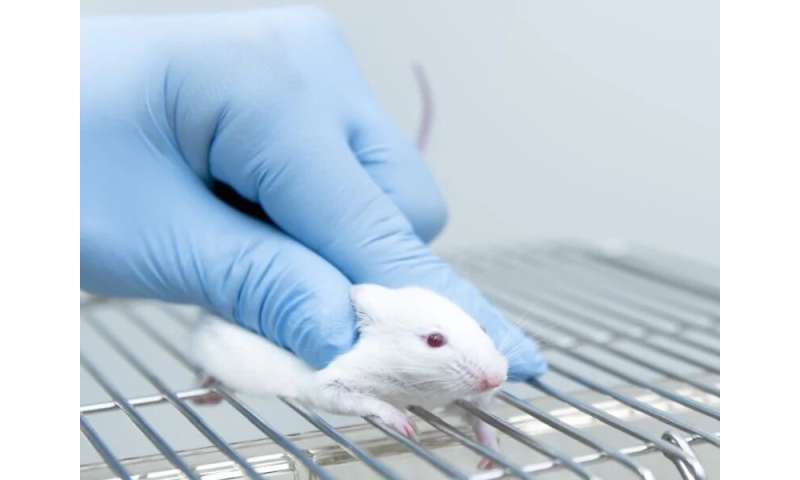Test vaccine elicits strong response to SARS-CoV-2 in mice

Microneedle array (MNA) delivery of trimeric coronavirus spike (S) protein subunit vaccines seems promising for immunization against severe acute respiratory syndrome coronavirus 2 (SARS-CoV-2) infection, according to research published online April 2 in EBioMedicine.
Noting that coronavirus S protein is considered a key target for vaccines for prevention of coronavirus infection, Eun Kim, from the University of Pittsburgh School of Medicine, and colleagues report on the development of MNA-delivered Middle East Respiratory Syndrome (MERS) Coronavirus (MERS-CoV) vaccines and their preclinical immunogenicity. Codon-optimized MERS-S1 subunit vaccines fused with a foldon trimerization domain were generated to mimic the native viral structure. Immune stimulants were engineered into this trimeric design in variant constructs. By evaluating virus-specific immunoglobulin G antibodies in the serum of vaccinated mice and using virus neutralization assays, the preclinical immunogenicity of the MERS-CoV vaccine was comprehensively tested when delivered subcutaneously by traditional needle injection or intracutaneously by dissolving MNAs.
The researchers found that MERS-S1 subunit vaccines delivered by MNA elicited strong and long-lasting antigen-specific antibody responses. Clinically translatable MNA SARS-CoV-2 subunit vaccines were designed and produced within four weeks of identification of the SARS-CoV-2 S1 sequence. These MNA-delivered SARS-CoV-2 S1 subunit vaccines elicited potent antigen-specific antibody responses, which were seen starting two weeks after immunization.
Source: Read Full Article
